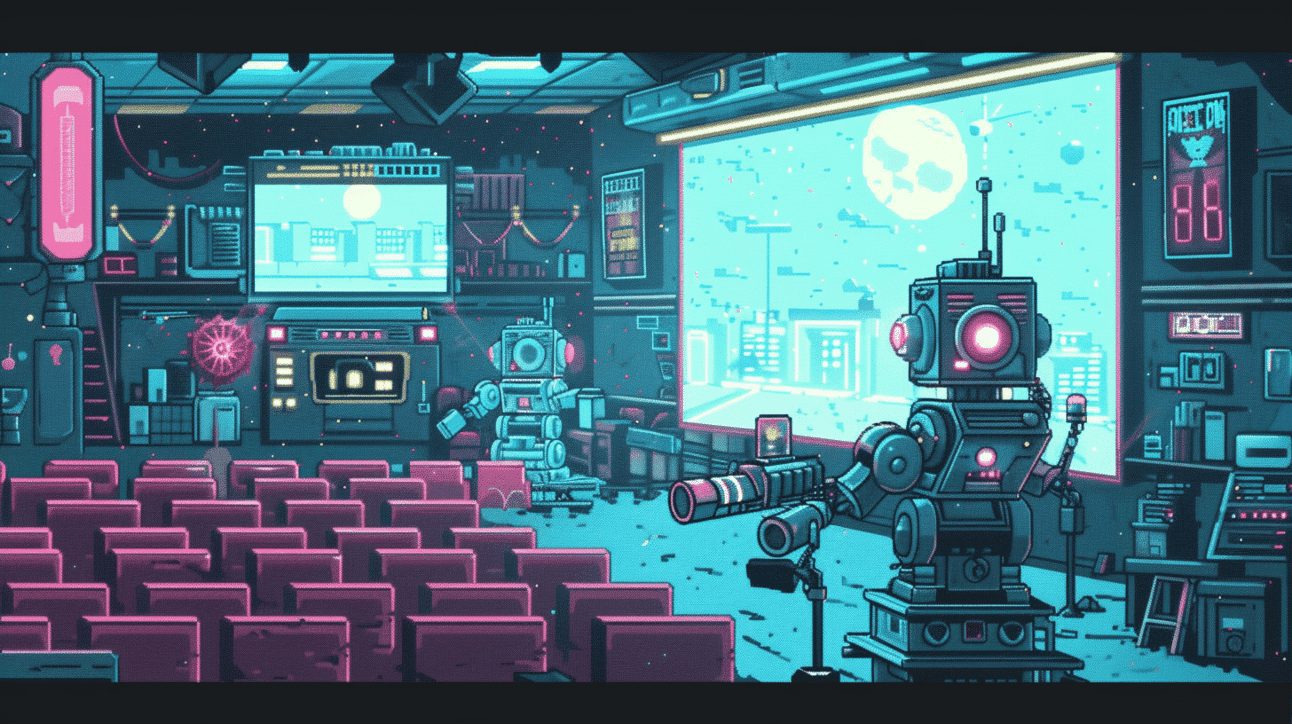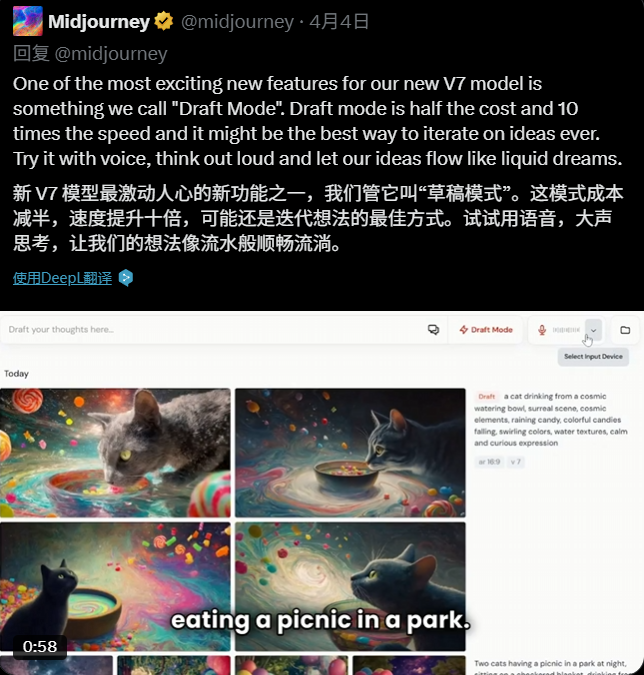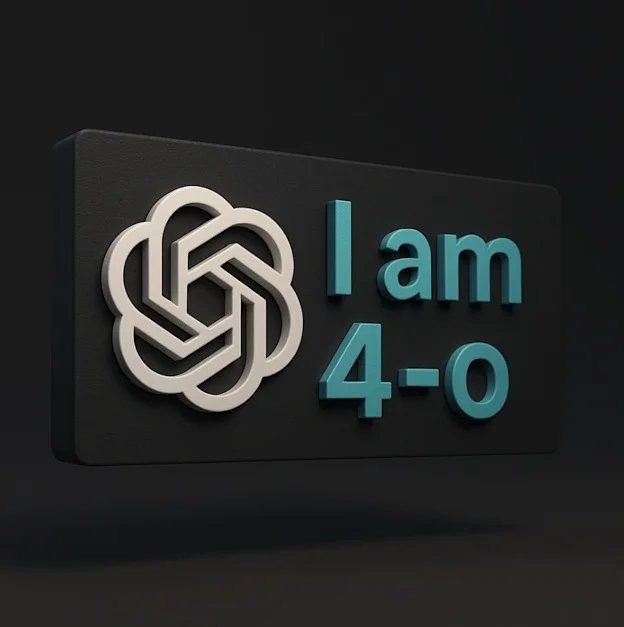Meet Sora, OpenAI's disruptive text-to-video creator
The latest masterpiece from OpenAI, Sora, has shown up and immediately eclipsed all other text-to-video creators with its arrival.
This is OpenAI's first foray into text-to-video, and there's no doubt that it's going to make a big impact.
Currently."Sora"is in beta, featuring the best of the best in the creative field and technology explorers, and it's all on top of the DALL-E image generator.
As tech giants have ramped up their efforts to hone AI's capabilities, the risks of misuse, particularly its potential for political deception, have sparked public concern.
Even as the industry community is working to responsibly regulate these tools, the challenge of assuring their ethical use remains daunting, which is why they remain closed to us, the public, for now - at least for now.

A blockbuster experience on an ultra-low budget
"Sora" has emerged with unrivaled video quality, pushing the boundaries of AI-created content even further.
This technological breakthrough has caused several industries, from movies to news, to start thinking about the impact AI could have on their future.
The potential of AI in filmmaking could result in significant cost and production time savings, giving individuals the ability to create cinematic masterpieces on their own - but will they be able to touch audiences in the same way that real movies do?
Ethical issues come to the forefront
The ethical dilemma of AI mimicking human creativity without proper recognition appears to be very serious.
As AI continues to blur the line between reality and fiction, the importance of recognizing AI-generated content is increasing.
The era of thinking that reality equals authenticity is fading away, pushing us to revisit our understanding of authenticity in the digital age.
© Copyright notes
Article copyright AI Sharing Circle All, please do not reproduce without permission.
Related articles

No comments...




